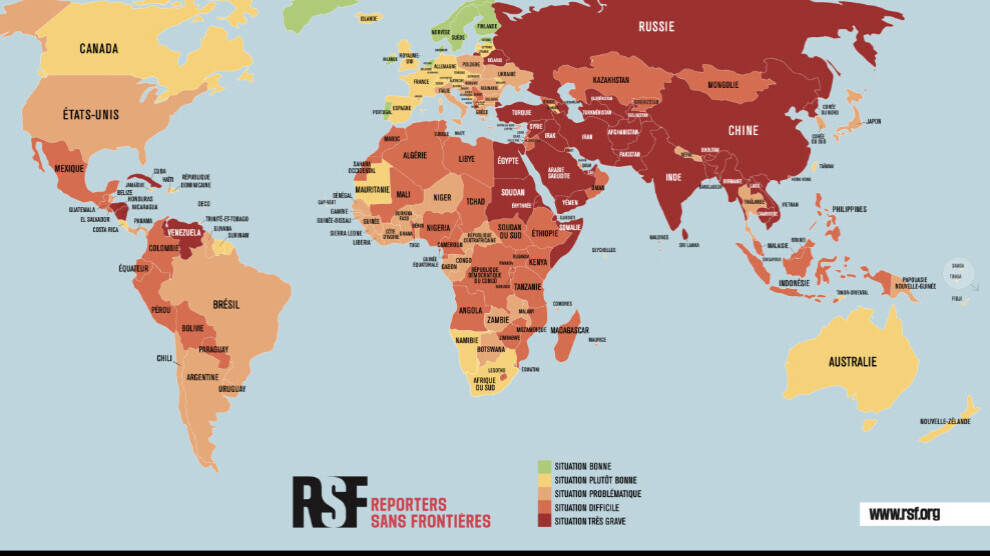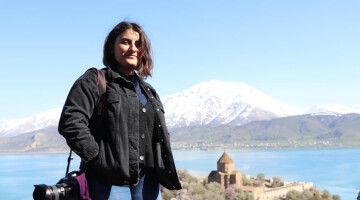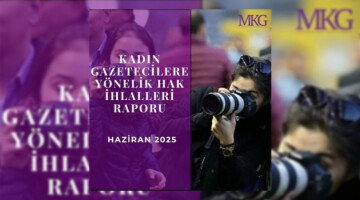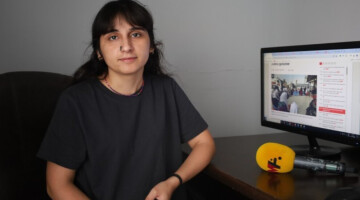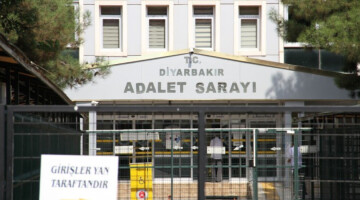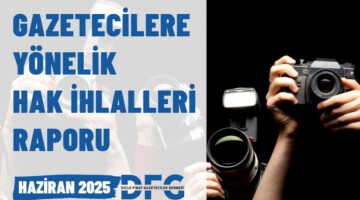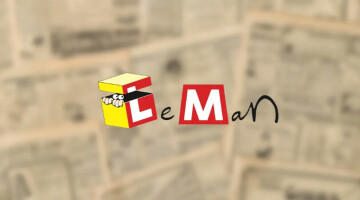Press freedom around the world is being threatened by the very people who should be its guarantors – political authorities. This is clear from the latest annual World Press Freedom Index produced by Reporters Without Borders (RSF). This finding is based on the fact that, of the five indicators used to compile the ranking, it is the political indicator that has fallen most, registering a global average fall of 7.6 points.
A growing number of governments and political authorities are not fulfilling their role as guarantors of the best possible environment for journalism and for the public's right to reliable, independent, and diverse news and information. RSF sees a worrying decline in support and respect for media autonomy and an increase in pressure from the state or other political actors.
“As more than half the world's population goes to the polls in 2024, RSF is warning of a worrying trend revealed by the 2024 World Press Freedom Index: a decline in the political indicator, one of five indicators detailed in the Index. States and other political forces are playing a decreasing role in protecting press freedom. This disempowerment sometimes goes hand in hand with more hostile actions that undermine the role of journalists, or even instrumentalise the media through campaigns of harassment or disinformation,” said Anne Bocandé, RSF editorial director.
At the international level, this year is notable for a clear lack of political will on the part of the international community to enforce the principles of protection of journalists, especially UN Security Council Resolution 2222. The war in Gaza has been marked by a record number of violations against journalists and the media since October 2023. More than 100 Palestinian reporters have been killed by the Israel Defence Forces, including at least 22 in the course of their work.
Occupied and under constant Israeli bombardment, Palestine is ranked 157th out of 180 countries and territories surveyed in the overall 2024 World Press Freedom Index, but it is ranked among the last 10 with regard to security for journalists.
While 2024 is the biggest election year in world history, 2023 also saw decisive elections, especially in Latin America, that were won by self-proclaimed predators of press freedom and media plurality, like Javier Milei in Argentina (down 26 to 66th), who shut down the country’s biggest news agency in a worrisome symbolic act.
Elections are often accompanied by violence against journalists, as in Nigeria (112th) and the Democratic Republic of Congo (123rd). The military juntas that seized power in coups in the Sahel, especially Niger (down 19 to 80th), Burkina Faso (down 28 to 86th) and Mali (down one to 114th), continue to tighten their grip on the media and obstruct journalists’ work. Recep Tayyip Erdogan’s reelection in Turkey is also a source of some concern: ranked 158th, the country’s placement in the Index continues to lose points in the Index.
RSF reported that many governments have stepped up their control over social media and the Internet, restricting access, blocking accounts, and suppressing messages carrying news and information. Journalists who say what they think on social media in Vietnam (174th) are almost systematically locked up. In China (172nd), in addition to detaining more journalists than any other country in the world, the government continues to exercise strict control over information channels, implementing censorship and surveillance policies to regulate online content and restrict the spread of information deemed to be sensitive or contrary to the party line.
The overall decline in the political indicator has also affected the trio at the top of the World Press Freedom Index. Norway, still in first place, has seen a fall in its political score, and Ireland (8th), where politicians have subjected media outlets to judicial intimidation, has ceded its leading position in the European Union to Denmark (2nd), followed by Sweden (3rd).
Regarding the political context in Turkey, RSF stated that: “The 2023 elections, won by Recep Tayyip Erdogan, were marked by the arrests of dozens of Kurdish journalists. However, neither the almost systematic online censorship, the arbitrary lawsuits against critical media outlets nor the exploitation of the judicial system have allowed, so far, the “hyper-president” to recover his popularity ratings, as he continues to be embroiled in a major case involving corruption and political clientelism.”
“Discriminatory practices against critical journalists and media outlets, such as stripping them of press passes, are commonplace. Judges who do the government’s bidding try to limit democratic debate by censoring online articles tackling corruption and other sensitive topics. In this difficult environment, some journalists have nonetheless tried to remain faithful to their mission to report the news with complete independence and are demanding recognition of a “media ombudsman”. New legislation on “disinformation” constitutes yet another weapon in the government’s oppressive arsenal.”
RSF noted that members and leaders of the ultranationalist MHP party, an ally of President Erdogan's AKP, do not hesitate to threaten journalists who dare to draw attention to embarrassing issues: “Cases of violence against journalists during the 2019 elections resulted in lenient sentences or endless trials, highlighting the culture of impunity in the country. Journalists daring to cover attacks on secularism, the impact of religious groups (Tarikat) or regional jihadist organisations are increasingly exposed to threats.”

